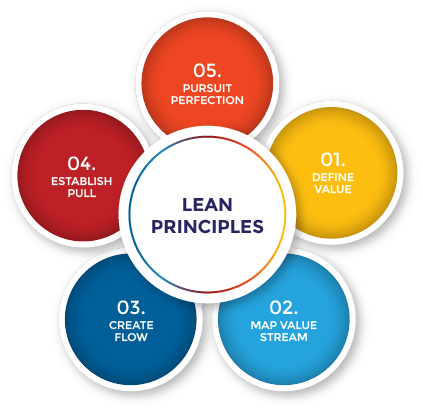Agile and Lean Principles in Education
Agile and Lean principles in education can result in a more responsive and student-centered learning environment, while also increasing transparency and reducing waste.

Agile Methodology
Prioritize student needs: In Agile, the customer's needs are prioritized. Similarly, in education, student needs should be the top priority.
Embrace flexibility: Agile methodology emphasizes being flexible and adapting to change. Educators can incorporate this principle by being open to new teaching methods and adjusting their approach as needed.
Encourage collaboration: Agile teams work together to achieve a common goal. In education, teachers can encourage collaboration among students to enhance learning.
Focus on continuous improvement: Agile teams continuously seek ways to improve their processes. Educators can apply this principle by seeking feedback and implementing changes to improve their teaching methods.
Emphasize rapid prototyping: Agile teams use rapid prototyping to refine ideas quickly, educators can do the same by using formative assessments. Teachers can promote transparency by regularly updating parents and students on progress.
Value individuals and interactions: Agile values individuals and their interactions over processes and tools. In education, teachers can value each student as an individual and foster positive interactions between students to enhance learning.

Lean Methodology
Value: Define what is valuable in education, such as student learning outcomes, and focus on delivering that value while eliminating non-value added activities.
Flow: Optimize the flow of work and information in the education process to minimize delays, errors, and waste.
Pull: Align the pace of education to the student's ability and learning needs to minimize unnecessary activities, such as repeating lessons, and to avoid overburdening students.
Perfection: Continuously improve the education process by identifying areas of waste, inefficiency, and inconsistency and finding ways to eliminate them
Respect for people: Foster a culture of respect for all stakeholders in the education process, including students, teachers, administrators, and parents, by involving them in decision-making, providing them with the necessary resources, and creating an environment of trust and collaboration.
